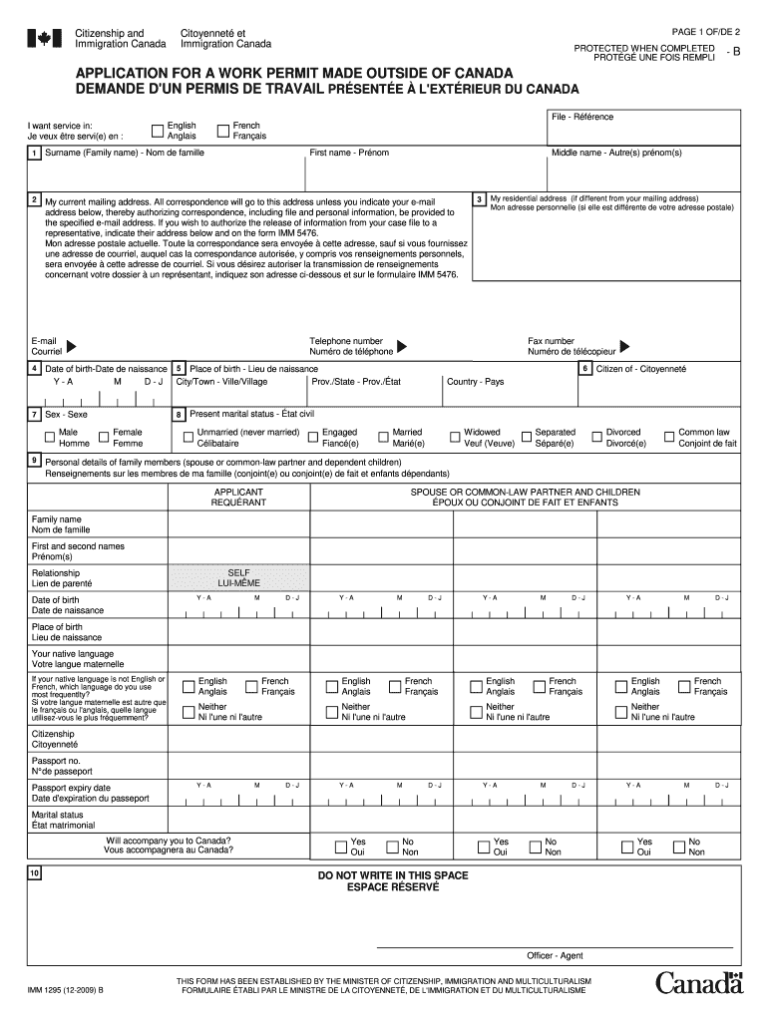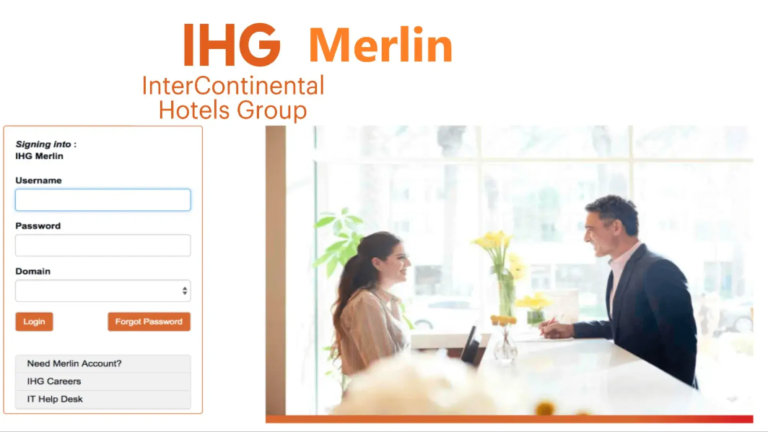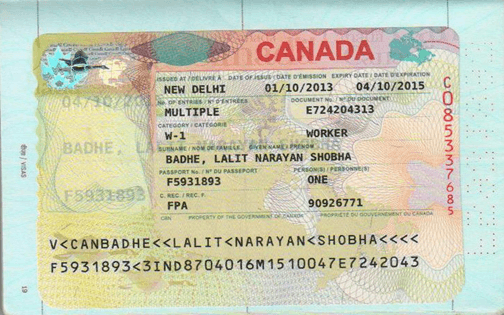Purchasing a home is a significant financial decision, and it’s important to weigh the pros and cons of both owning and renting before making a decision. In Italy, the cost of owning a home can vary greatly depending on a number of factors, including location, size, and age of the property. In this article, we’ll explore the costs associated with owning a home in Italy, and compare them to the costs of renting to help you make an informed decision about which option is best for you.
Costs of Owning a Home in Italy
One of the biggest costs associated with owning a home in Italy is the initial purchase price. The price of a home can vary greatly depending on location, with properties in major cities like Rome and Milan tending to be more expensive. In addition to the purchase price, there are also various fees and taxes that must be paid when purchasing a home, including a property transfer tax and notary fees. It’s important to budget for these additional costs when determining how much you can afford to spend on a home.
Ongoing Costs of Homeownership
Once you’ve purchased a home, there are ongoing costs associated with ownership that must be considered. These costs can include mortgage payments, property taxes, insurance, maintenance, and utilities. The amount you’ll pay for these expenses will depend on the size and age of your home, as well as your location and lifestyle.
Costs of Renting a Home in Italy
In contrast, the costs associated with renting a home in Italy are generally more predictable and fixed. Rent is typically paid on a monthly basis, and includes utilities and maintenance. Some rentals may also include additional amenities like parking or access to a gym or pool. While rent may be less expensive than a mortgage payment in the short term, it’s important to remember that you’ll be paying rent indefinitely, rather than building equity in a property that you own.
Conclusion
So, which option is right for you? It really depends on your individual circumstances and financial goals. If you’re planning on staying in Italy for the long term and have a stable income, owning a home can be a good investment. On the other hand, if you’re not sure how long you’ll be living in Italy or you’re not ready to commit to a long-term mortgage, renting may be a better option.
For more information about this, consider reading this article about Italian mortgages. This can help you understand the process of obtaining a mortgage in Italy and the costs associated with it, so you can make an informed decision about whether or not homeownership is right for you. Ultimately, the choice between owning and renting a home in Italy is a personal one, and it’s important to carefully consider your options before making a decision.







